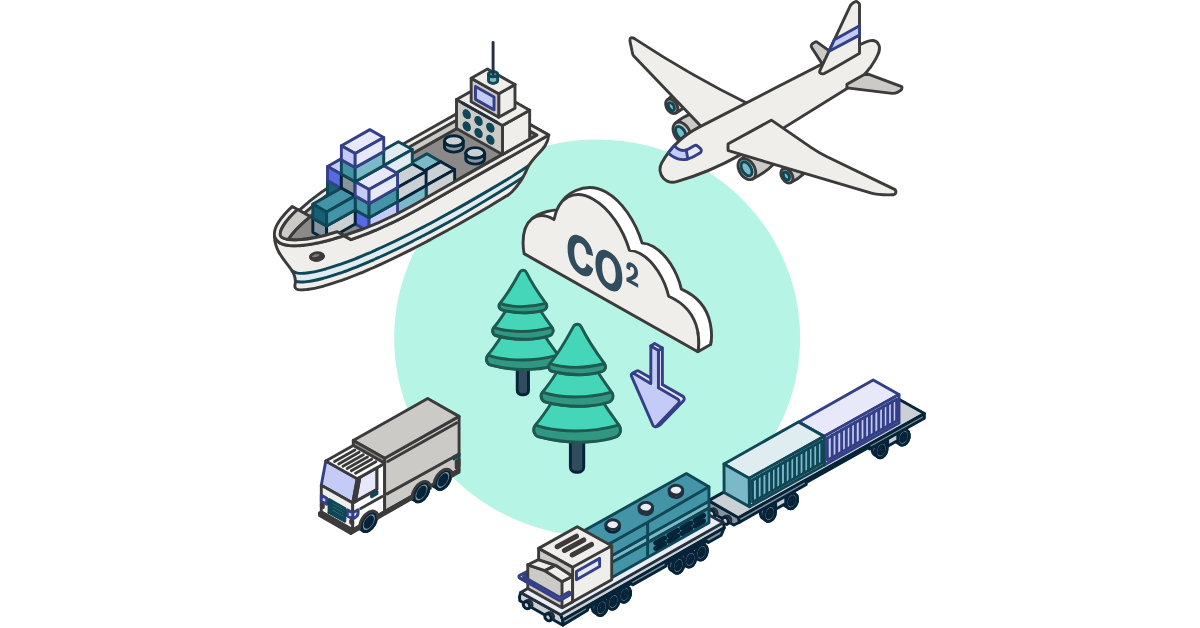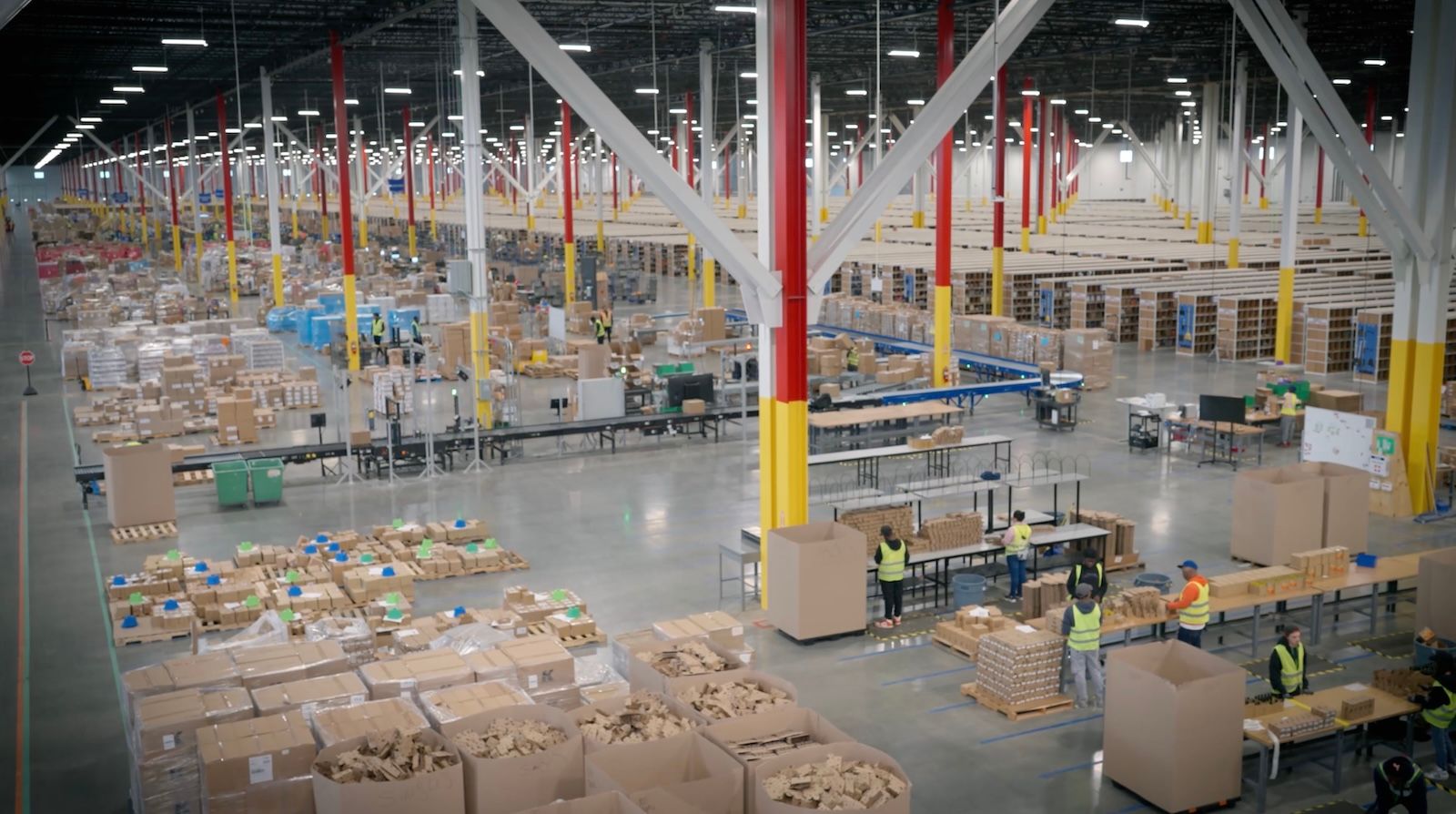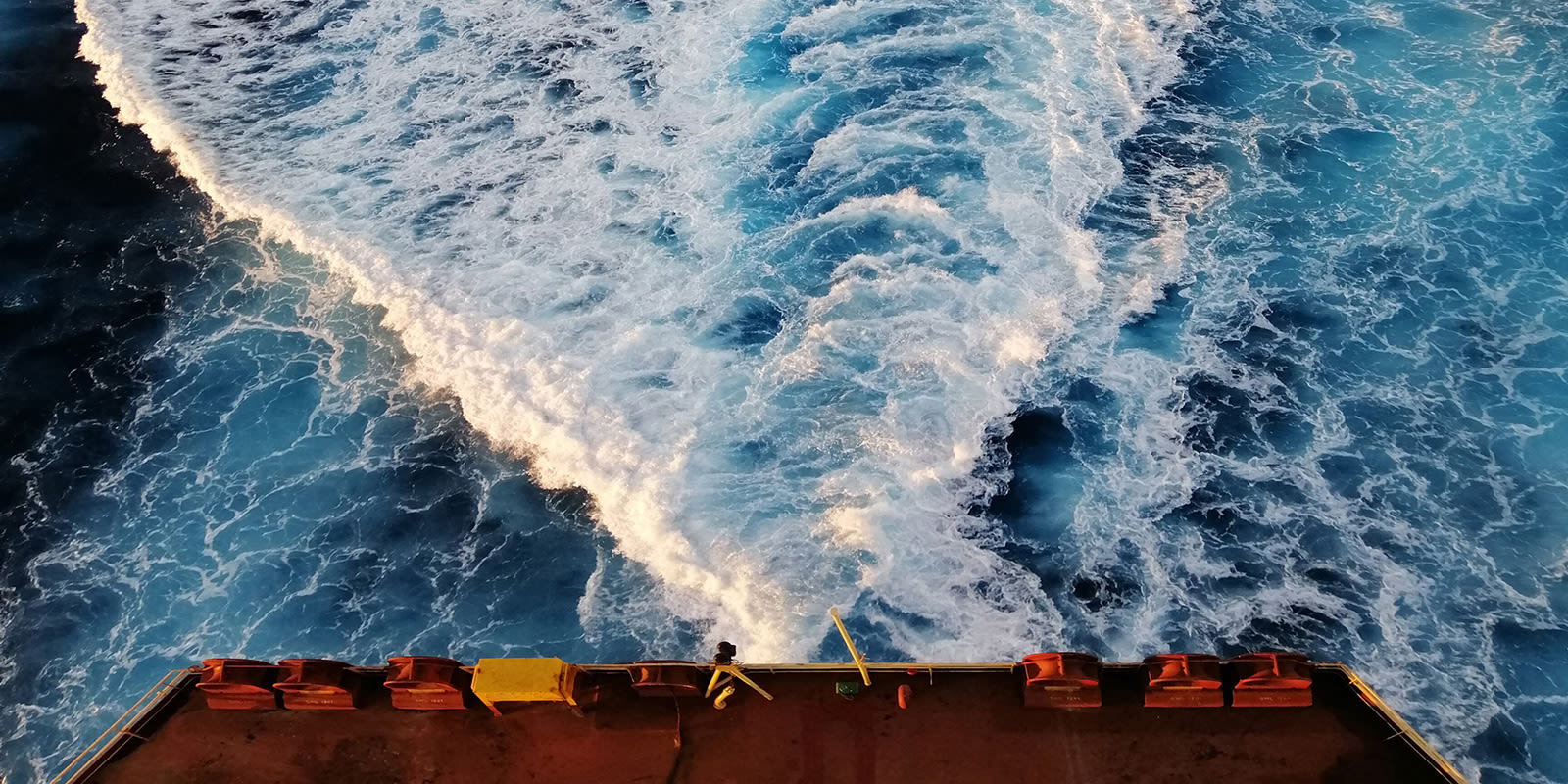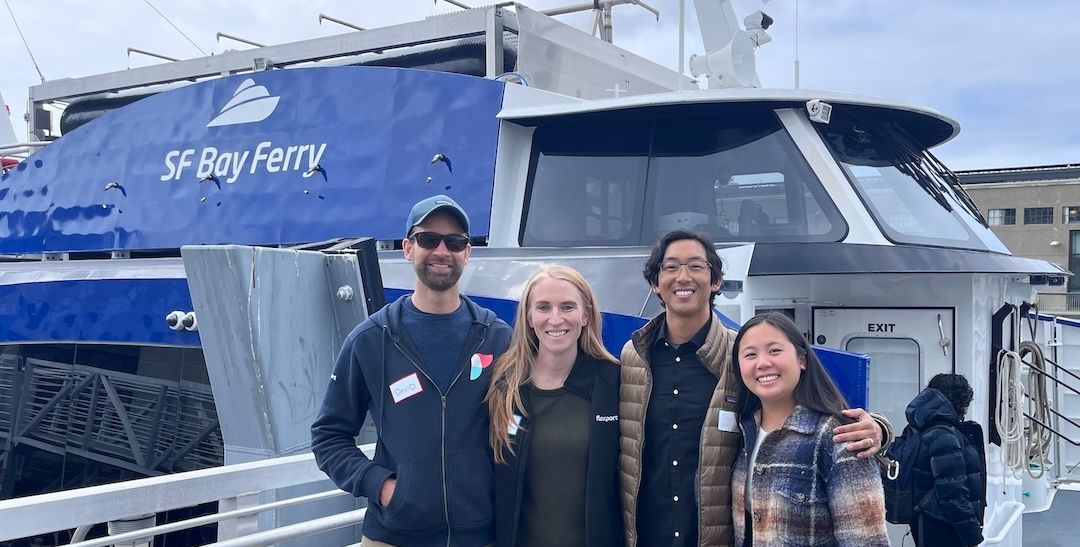
May 2, 2024
2024 Earth Day: Collaboration is Key to Your Sustainability Goals
Tags:

2024 Earth Day: Collaboration is Key to Your Sustainability Goals
Earth Day is celebrated globally on April 22 each year. It is a time during which millions of people promote environmental awareness, and encourage conservation and sustainability efforts worldwide. This April, Flexport.org was actively involved in several events at the intersection of freight transport and sustainability.
Celebrating Earth Day Around the World
In the United States, members of the Flexport.org Climate team attended many of the events held across San Francisco as part of SF Climate Week. In support of the broader effort to raise awareness, Flexport.org collaborated with SWITCH Maritime to host an event aboard the nation’s first hydrogen fuel cell ferry to discuss the importance of low-carbon fuels for decarbonizing maritime transportation. Other events for the week focused on financing first of a kind (FOAK) deployments, carbon dioxide removal technologies, electric vehicles, climate justice, and many other topics.
Events such as those organized through SF Climate Week are a great reminder of the progress we’ve made on mitigating climate change and increasing awareness, but also of the challenges that remain. In fact, SF Climate Week has grown substantially since last year, now attracting thousands of people, with hundreds of events throughout the city. At many of the events we attended there was a common thread around speed of deployment and building technologies at scale. We need to both move faster and at much larger scales to have the climate impact necessary for 2030 and beyond.
During the same week but on a different continent was the third annual Smart Freight Week, organized by the Smart Freight Centre, in Amsterdam. This is one of the largest conferences of the year dedicated to freight and logistics decarbonization. Some of the Flexport.org Climate Team joined hundreds of people from the freight and logistics industries to dive deep on important aspects of freight decarbonization such as additionality and book and claim for transport fuels.
Diving Deep into Freight Decarbonization
Additionality is the concept that a project, such as selling carbon credits, must result in greenhouse gas reductions that would not have occurred without an intervention. This ensures the project provides real, measurable, and additional environmental benefits. Regulations governing transportation emission are becoming more prevalent, which places more importance on ensuring that projects are truly additional and go beyond mere regulatory compliance. This is especially true for spurring the adoption of low-carbon fuels; supporting low-carbon fuel projects to comply with regulations is not additional.
Low-carbon fuels still have low-adoption across the industry. For example, in the maritime sector, less than 1% of ships operating today use an alternative fuel according to DNV, a ship classification society and energy consultancy. Book and claim is a chain of custody and accounting methodology that helps accelerate the adoption of fuels by removing many of the logistical constraints.
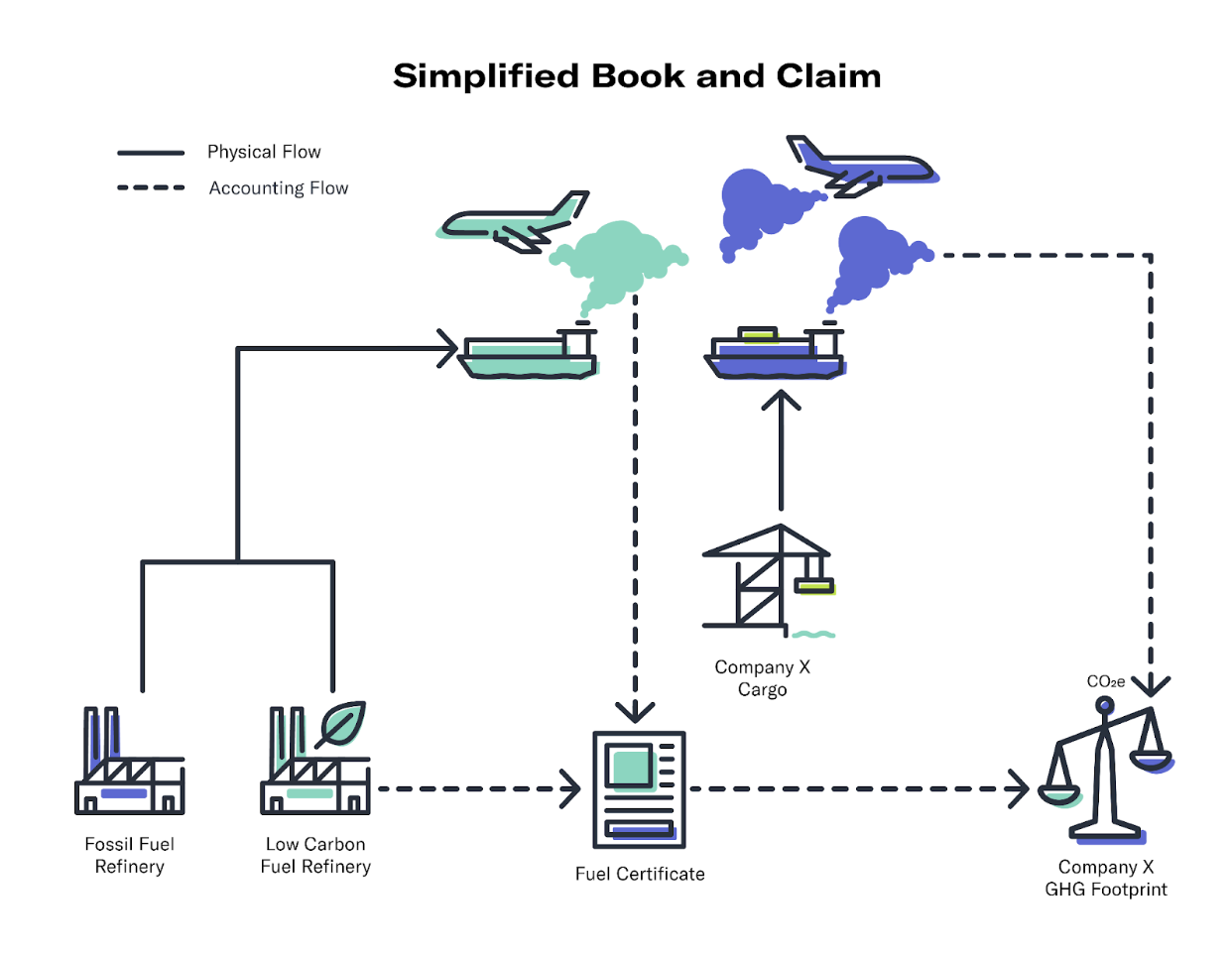
Much of Smart Freight Week’s agenda was dedicated to processes, standards, and guidelines, to help establish book and claim systems across the sector. Book and claim allows users to trade in the environmental benefit that a fuel provides, similar to how Renewable Energy Certificates (RECs) are traded for renewable electricity. Until low-carbon fuels become more widely available on a variety of planes, ships, routes, and schedules, book and claim is thought to be the best short-term pathway accelerating their use in the maritime and aviation sectors.
You can learn more about the importance of fuels, and book and claim, in this maritime decarbonization webinar hosted by Flexport on April 22 with representatives from the World Economic Forum and the Maersk Mc-Kinney Moller Center for Zero-carbon Shipping.
As is often said, every day should be Earth Day. But this day, and all the events organized around it, serve as a great reminder of the importance of collaboration. Climate change mitigation is not a single-player game. It is convoluted and complicated and requires collaboration throughout the value chain. This past month the Flexport.org Climate Team was excited to reconnect with many of our existing collaborators at these events, as well as develop new relationships that help further advance our collective climate impact. If we missed you, drop us a line at climate@flexport.com.
About the Author

Related content
About this author
